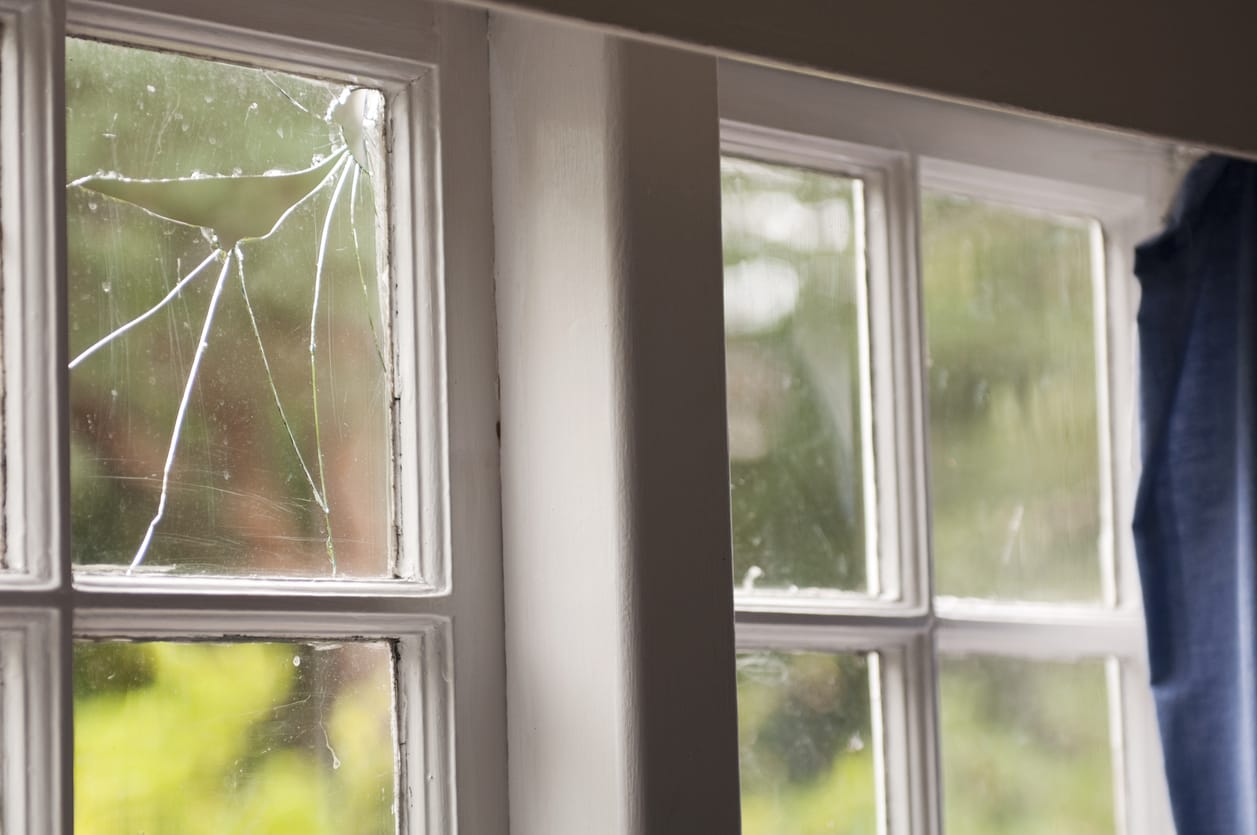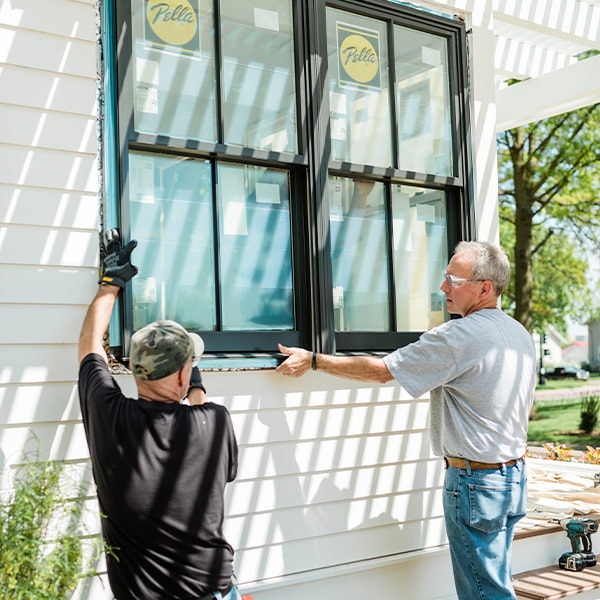Upgrade Your Home With Energy-Efficient Window Replacements
In the world of home improvement, the decision to upgrade to energy-efficient home window replacements can dramatically impact both the capability and visual appeals of a residence. Beyond the surface level of simple aesthetics, energy-efficient home windows use a plethora of benefits that go beyond mere aesthetic appeal.
Advantages of Energy-Efficient Windows

The installment of energy-efficient windows supplies considerable cost savings on utility costs while enhancing ecological sustainability. Additionally, energy-efficient windows can help manage wetness degrees within the home, minimizing the threat of mold and mildew and mildew development.
Past the financial benefits, energy-efficient windows add to environmental sustainability by lowering carbon exhausts connected with power production. By decreasing energy use, these windows assist minimize the environmental influence of home heating, lights, and cooling residential rooms. This reduction in power consumption plays a vital role in combating environment change and promoting a greener future for generations ahead. Generally, spending in energy-efficient home windows not only boosts the comfort and performance of a home however likewise straightens with ecologically aware techniques.
Types of Energy-Efficient Glass
Different advanced kinds of energy-efficient glass deal special properties that satisfy different needs and choices in boosting the sustainability and efficiency of structures. Low-emissivity (Low-E) glass is a preferred choice created to reduce the quantity of ultraviolet and infrared light that can go through the glass, thus minimizing warmth transfer. This kind of glass aids keep a consistent interior temperature, reducing the demand for heating or cooling down systems, and ultimately lowering energy prices. One more ingenious alternative is spectrally selective glass, which allows noticeable light to travel through while obstructing specific kinds of infrared radiation. This assists in keeping a comfortable interior atmosphere while decreasing warmth gain. Triple-pane glass, consisting of 3 layers of glass with insulating gas in between them, offers boosted thermal insulation, making it very energy-efficient. Furthermore, self-cleaning glass with an unique finishing that breaks down and loosens up dirt when revealed to sunshine can lower upkeep requirements and keep windows looking clean. Each type of energy-efficient glass supplies distinct advantages, enabling property owners to select the most suitable choice based upon their details needs and goals.
Aspects to Take Into Consideration When Picking
When pondering energy-efficient window substitutes, it is necessary to very carefully assess details variables that straighten with your sustainability goals and desired energy savings. One essential factor to take into consideration is the window's power performance ratings, such as the U-factor and Solar Heat Gain Coefficient (SHGC) The U-factor measures just how well the home window insulates, with lower numbers showing much better insulation, while the SHGC indicates the home window's capability to block heat from sunlight. In addition, the window structure material plays a significant duty in power effectiveness. Materials like fiberglass, my sources plastic, or wood with thermal breaks are excellent choices for decreasing warm transfer. One more important factor to consider is the window style and orientation worrying sunlight direct exposure. Choosing the right home window design and strategically positioning them can make the most of natural light while reducing warmth gain or loss. Finally, installation top quality is key to making certain the home windows execute as planned. Proper installment helps stop air leakage, ensuring optimum energy performance. By meticulously assessing these factors, you can choose energy-efficient home windows that improve convenience, lower energy expenses, and benefit the environment.
Setup and Upkeep Tips

Routine maintenance is vital to protecting the efficiency of your energy-efficient home windows. Inspect the windows occasionally for any indicators of wear, sealer, or damage damage. Tidy the frames, tracks, and glass consistently using mild soap and water to get rid of dust and gunk that can affect performance. Examine the weather-stripping and seals for any voids or splits and replace them if required to maintain the windows' energy performance.
On top of that, lubricate relocating components such as locks and joints to ensure smooth procedure. By following these installation and upkeep suggestions, you can enhance the power efficiency of your home and lengthen the lifespan of your energy-efficient windows.
Cost-Benefit Analysis of Upgrading

Energy-efficient windows are designed to reduce heat transfer, reducing the demand for heating and cooling down systems to work overtime. This can result in significant cost savings on energy costs, specifically in areas with severe temperatures. In addition, energy-efficient windows can enhance the overall worth of your home, making it extra eye-catching to possible customers if you make a decision to sell in the future.
When computing the cost-benefit evaluation, variable in the possible cost savings on energy expenses, any offered rewards or discounts, and the lifespan of the home windows. While the first price may be higher, the long-lasting savings and advantages of energy-efficient windows make them a clever investment for home owners seeking to enhance their property's power effectiveness and worth.

Conclusion
In verdict, updating to energy-efficient window substitutes supplies numerous benefits such as minimized energy intake, increased comfort, and price savings. By picking the ideal type of energy-efficient glass and thinking about aspects like frame product and setup, homeowners can make best use of the effectiveness of their home windows.
When contemplating energy-efficient home window replacements, it is necessary to very carefully examine specific elements that line up with your sustainability purposes and desired energy cost savings. The U-factor actions just how well the home window protects, with reduced numbers showing better insulation, while the SHGC indicates the window's capability to obstruct warm from sunlight. By carefully reviewing these elements, you can choose energy-efficient home windows that boost convenience, minimize power expenses, and profit the atmosphere.
While energy-efficient windows may have a higher ahead of time expense contrasted to traditional home windows, the long-term benefits commonly outweigh the initial investment.In verdict, go to this site upgrading to energy-efficient window replacements uses countless benefits such as reduced power usage, boosted convenience, and price financial savings.